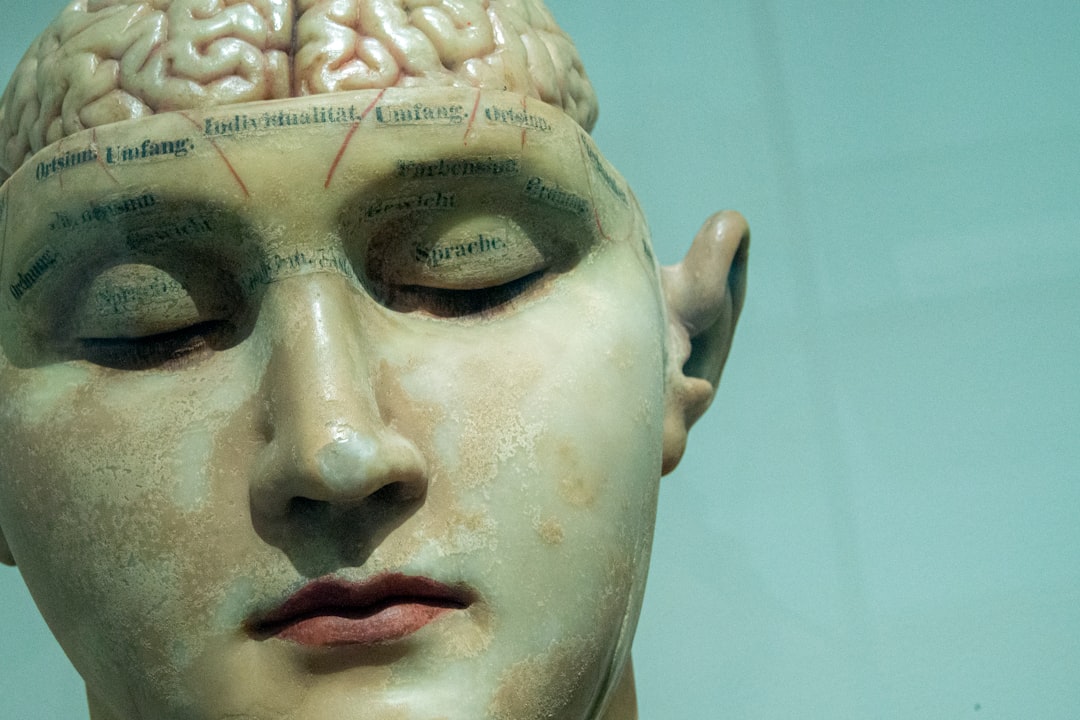Why do intelligent people often believe untruths?
The effects we can all look out for to stop us falling into the same trap
I’m sure you have all come across people that, on the surface, seem extremely intelligent but try to converse with them about something outside their comfort zone and they revert to ad hominem attacks. They used to call you a conspiracy theorist for talking about natural immunity or questioning lockdowns until the Overton window shifted. Why does this happen?

Intelligent people are meant to be able to think critically, make logical decisions and separate fact from fiction but increasingly this does not seem to be the case.
In fact, it seems that those who are are meant to be the brightest in our society, failed to question a single thing of importance over the last few years. Psychologists failed to notice the nudging, manipulation and propaganda and medical experts didn’t question whether a new technology with an expediated trial was safe or effective. If it was on the evening news, they believed it. If an expert told them something, that was the gospel truth.
But don’t for one second think that those who questioned lockdowns are immune. Don’t think that those who wondered why people changed their vaccination profiles to Ukrainian flags aren’t susceptible. Suddenly, many of those people were all chanting ‘Thank you Elon’ in every message they posted on Twitter. Two sides of the same coin.
So why does this happen? Below I look at a number of psychological effects that cause people to fall for untruths, or at least not even question whether they should be questioning. Whilst reading, think whether these effects could apply to you. There is no shame in admitting that maybe we believed something we shouldn’t have. The key is to understanding why and how to modify our behaviour in the future. The more critical thinkers we have in society the better.
Keep reading with a 7-day free trial
Subscribe to The Naked Emperor’s Newsletter to keep reading this post and get 7 days of free access to the full post archives.


